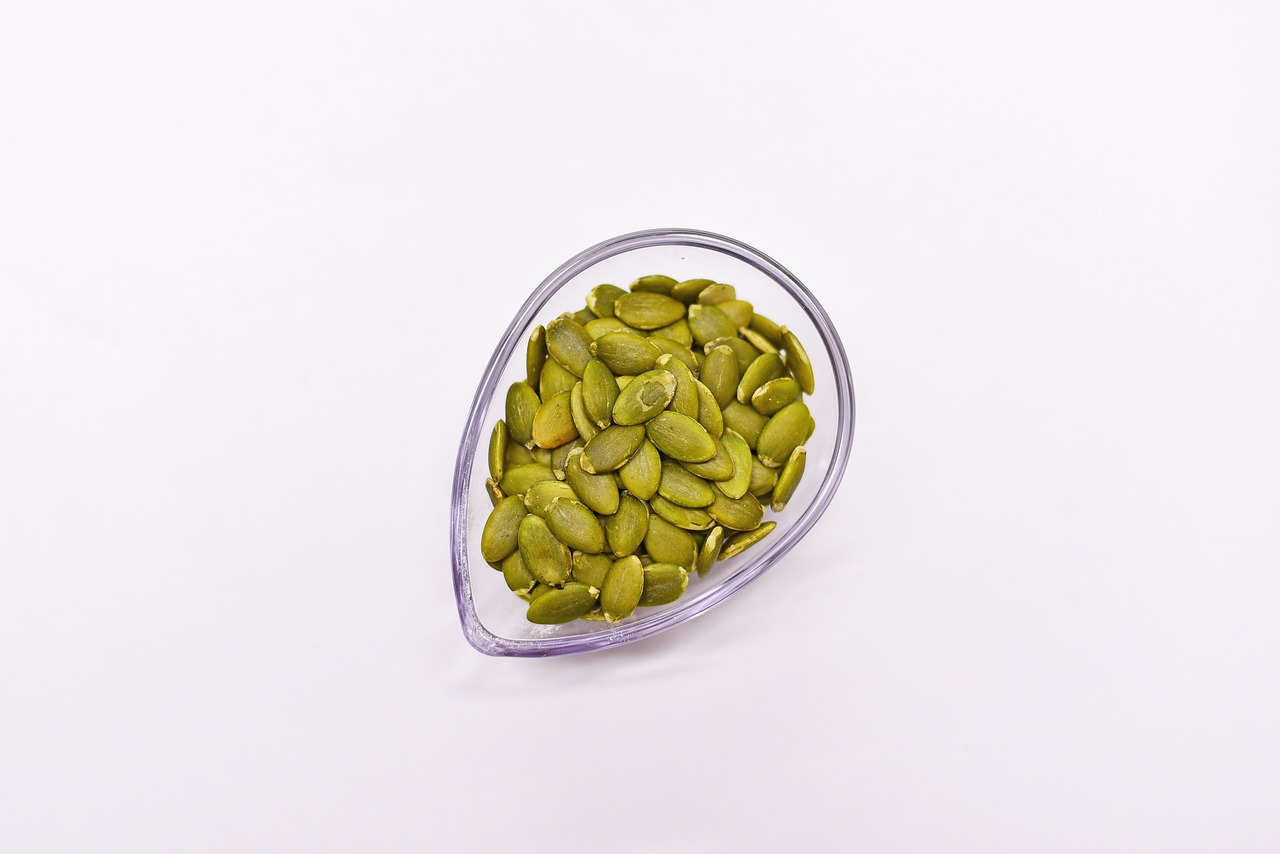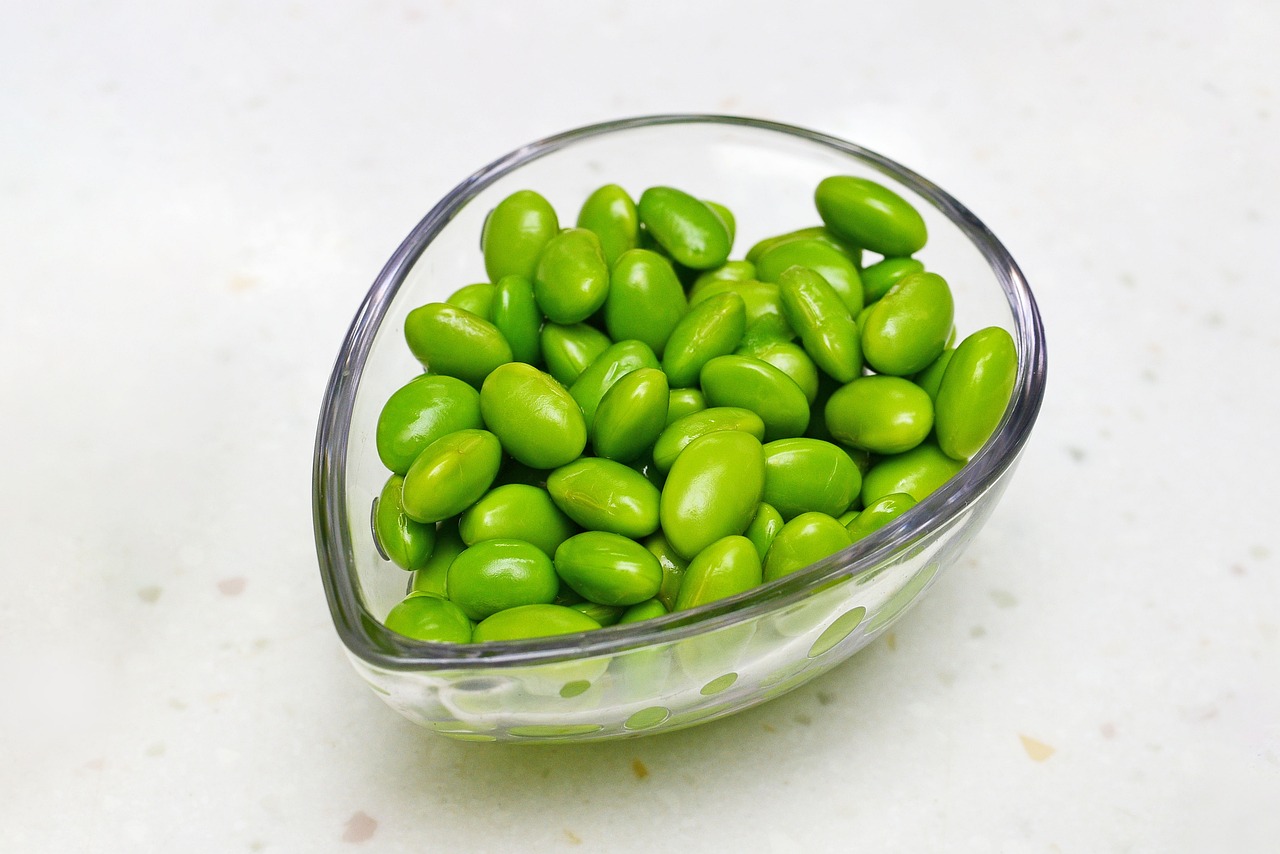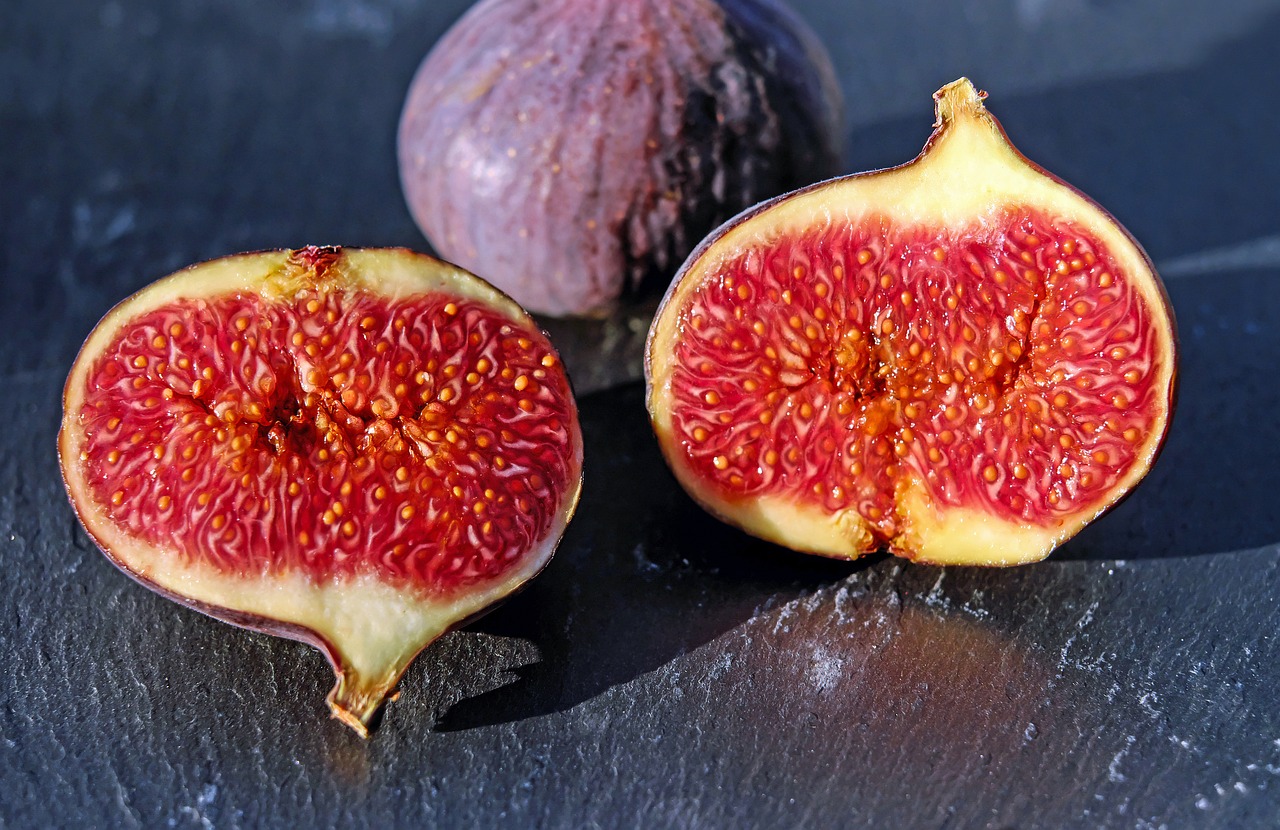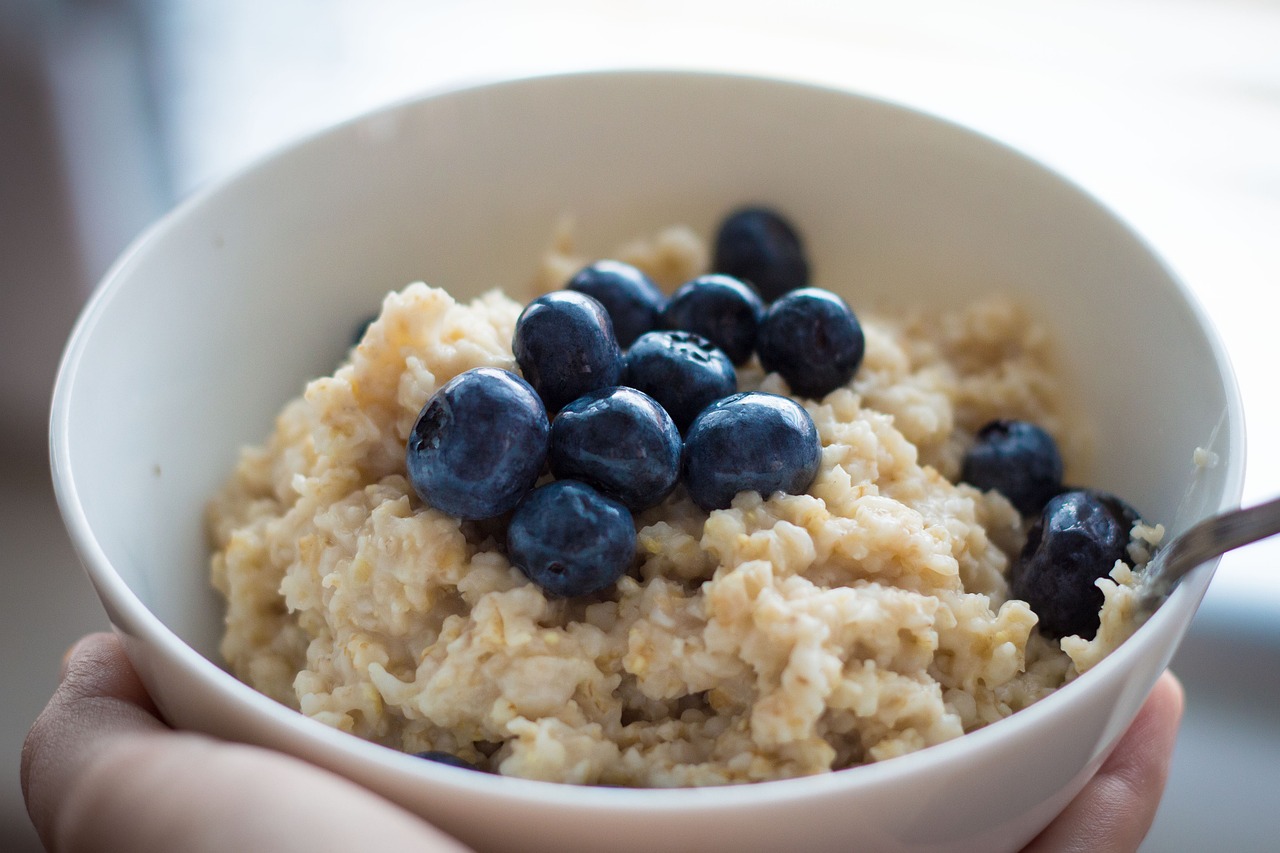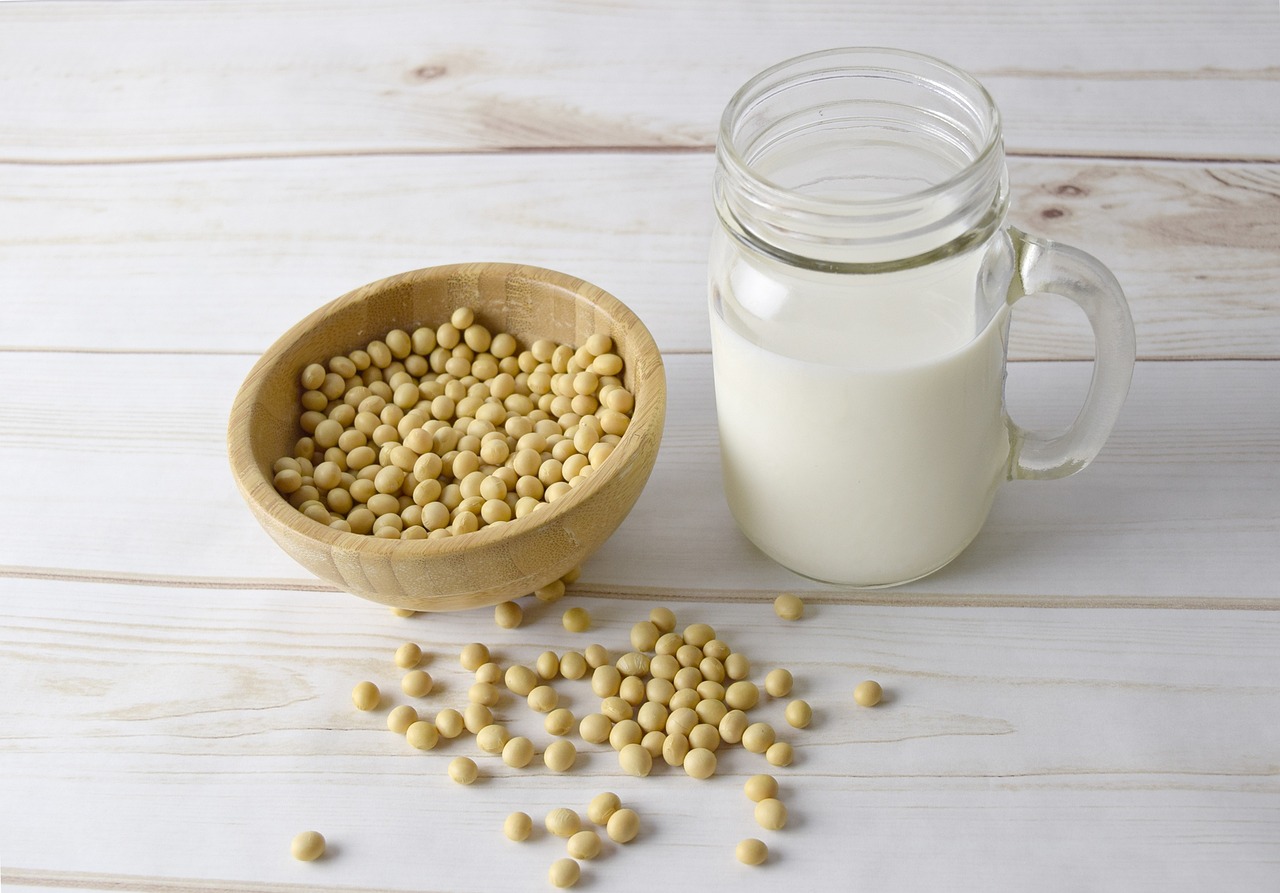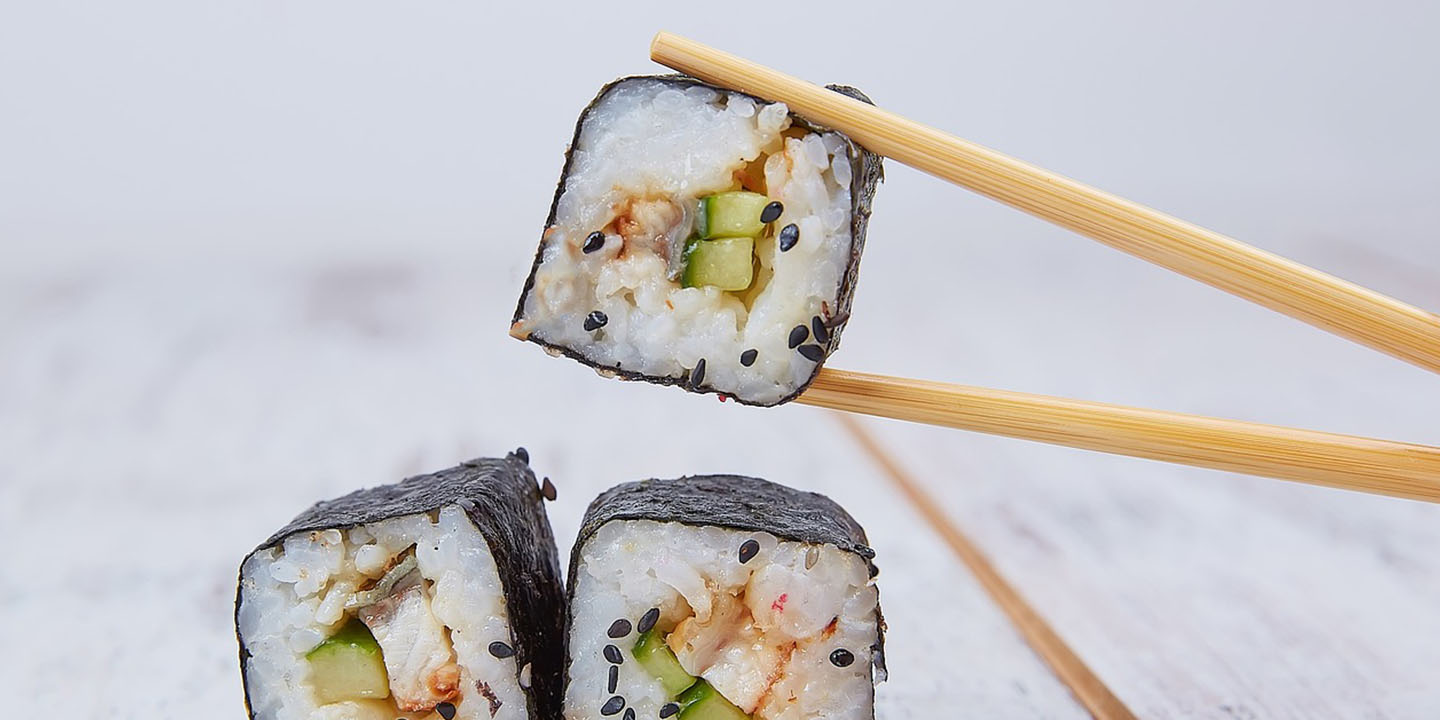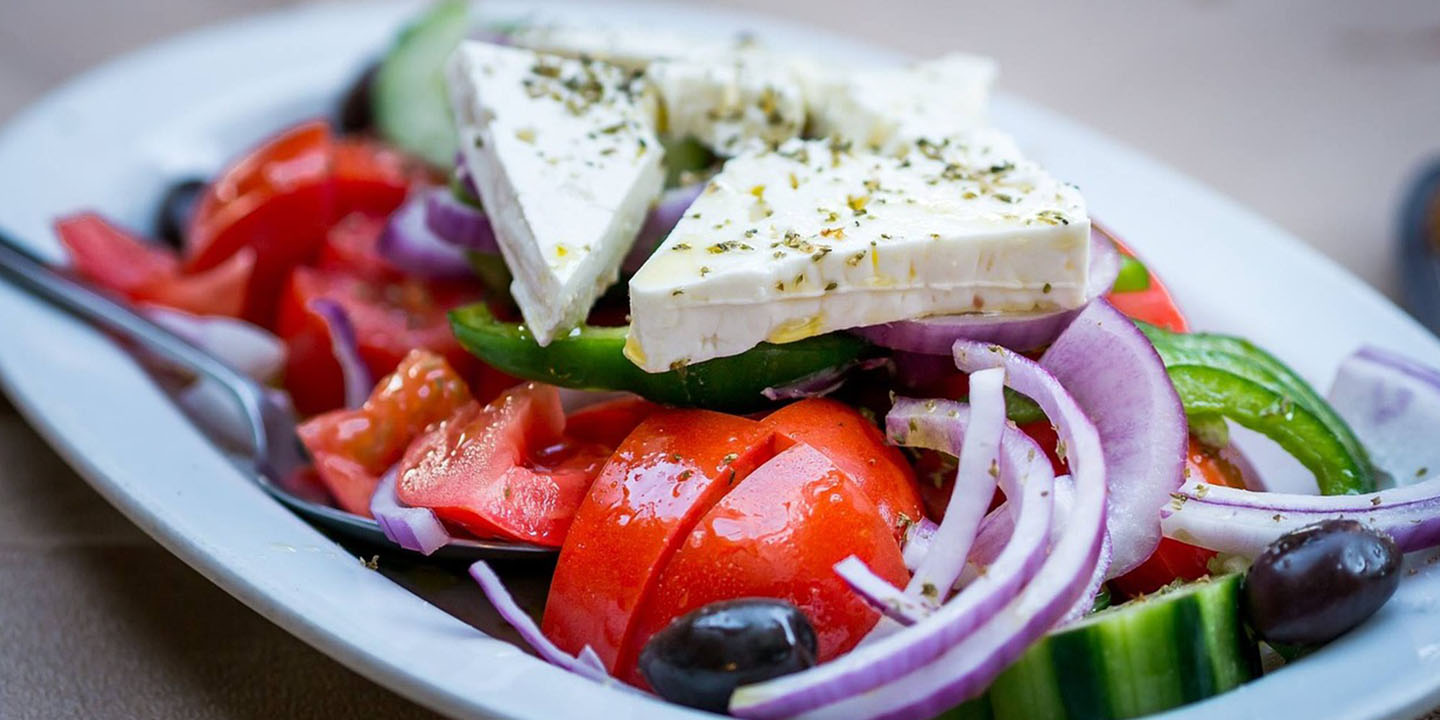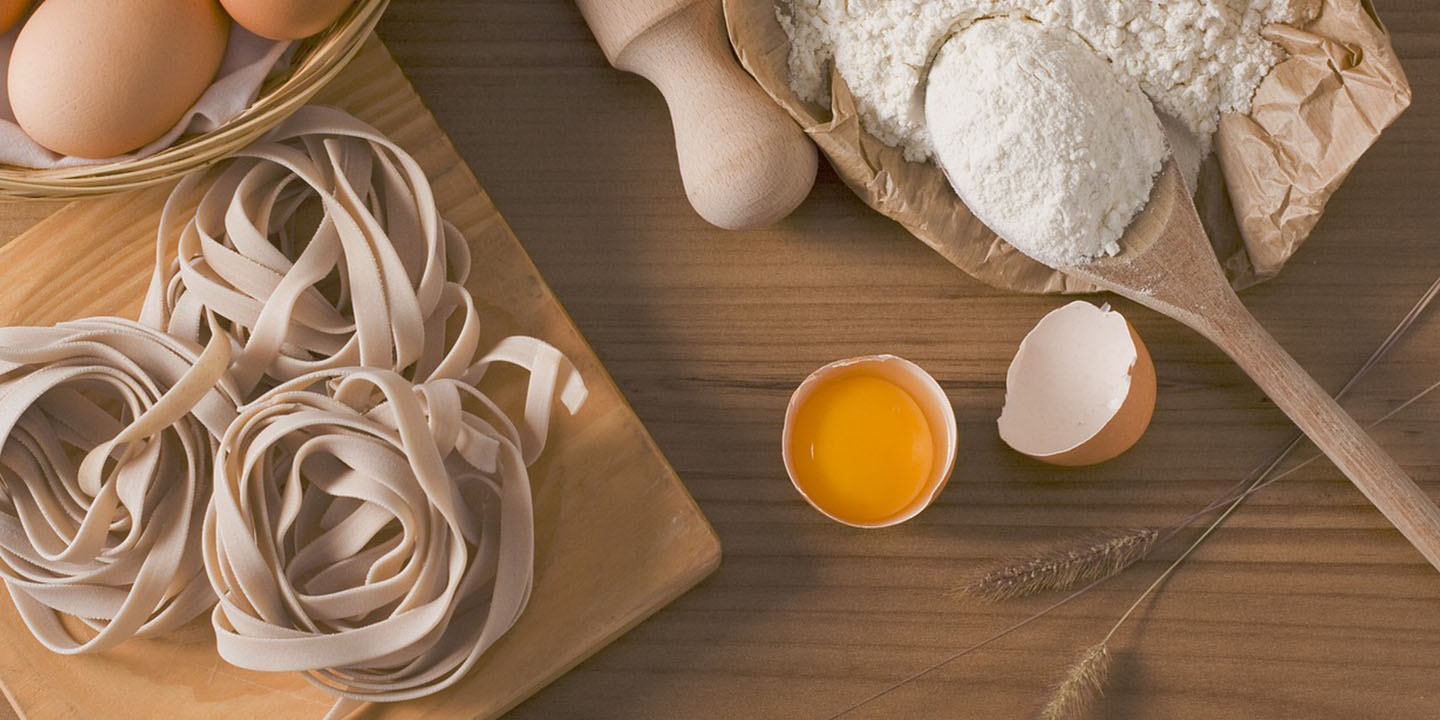Magnesium is a crucial mineral that plays an important role in how our body functions. Magnesium helps with protein synthesis, muscle and nerve function, and blood glucose control. It's also essential for the maintenance of healthy bones and a regulated heartbeat. It may be hard to figure out if you're lacking in magnesium but the reality is that unfortunately, many of us don't get enough magnesium in our diets. Here's a list of 20 magnesium-rich foods that are not only nutritious but also versatile and delicious, making it easy to incorporate them into your daily meals.
1. Spinach
Dark leafy greens like spinach are extremely high in magnesium. Just one cup of cooked spinach offers 157 mg of magnesium, which is nearly 40% of your daily needs. It's perfect in salads, smoothies, or sautéed as a side dish. Plus, it's loaded with vitamins A and C, fibre, and iron so you're getting a lot of your essential vitamins and minerals in that one cup alone.
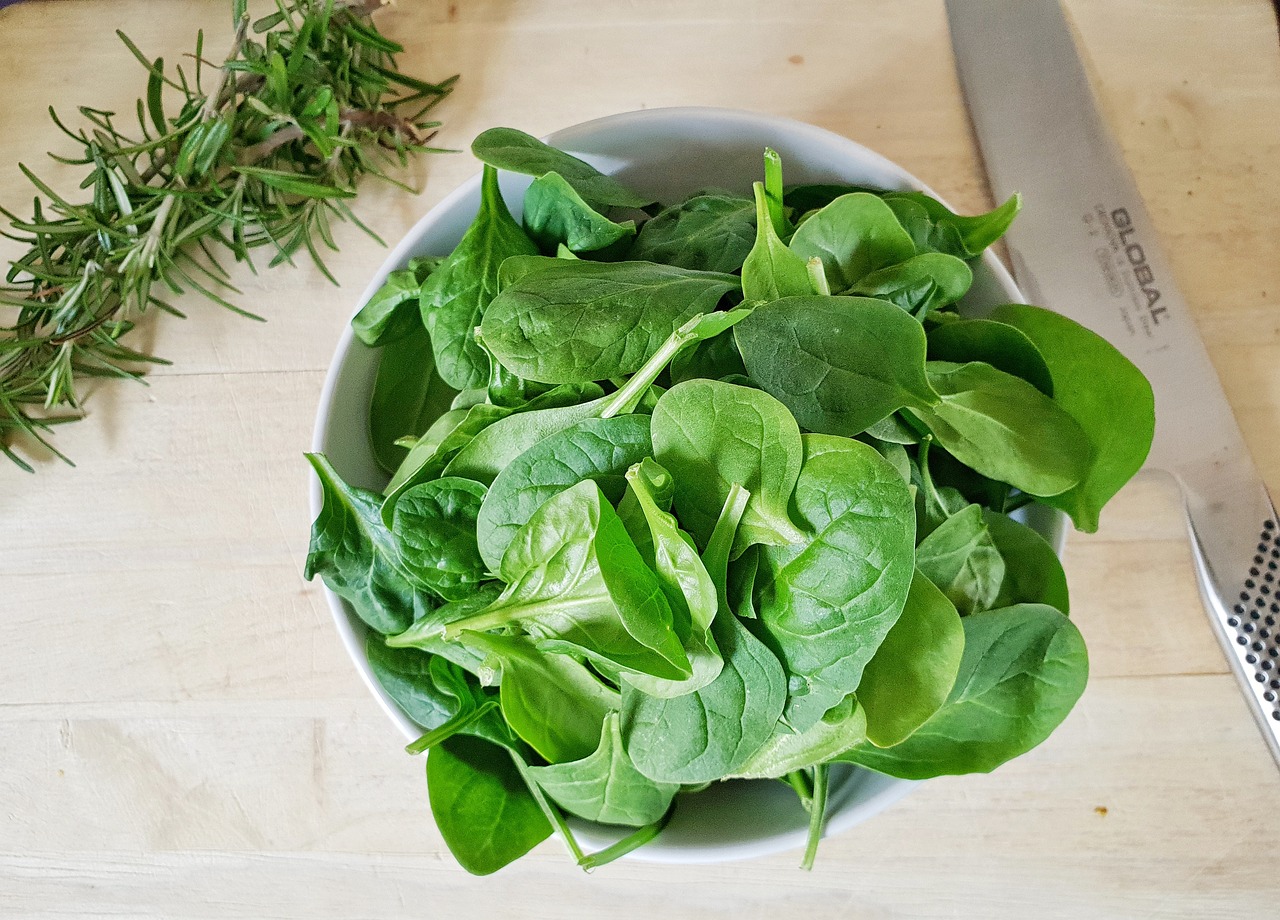 Image by Clara Sander from Pixabay
Image by Clara Sander from Pixabay
2. Pumpkin Seeds
A handful of pumpkin seeds could be your next go-to snack, offering about 150 mg of magnesium per ounce. These seeds are perfect for a post-workout snack as they help replenish magnesium lost through sweat. Pumpkin seeds are also rich in antioxidants and fatty acids, which are great for heart health. They're a perfect addition to your yogurt or granola.
3. Black Beans
Black beans are not only rich in protein but also a great source of magnesium, with about 120 mg per cup when cooked. They're incredibly versatile—use them in tacos, soups, or even brownies. Black beans can help manage blood sugar levels and provide substantial fiber. They're also a budget-friendly protein source for any meal.
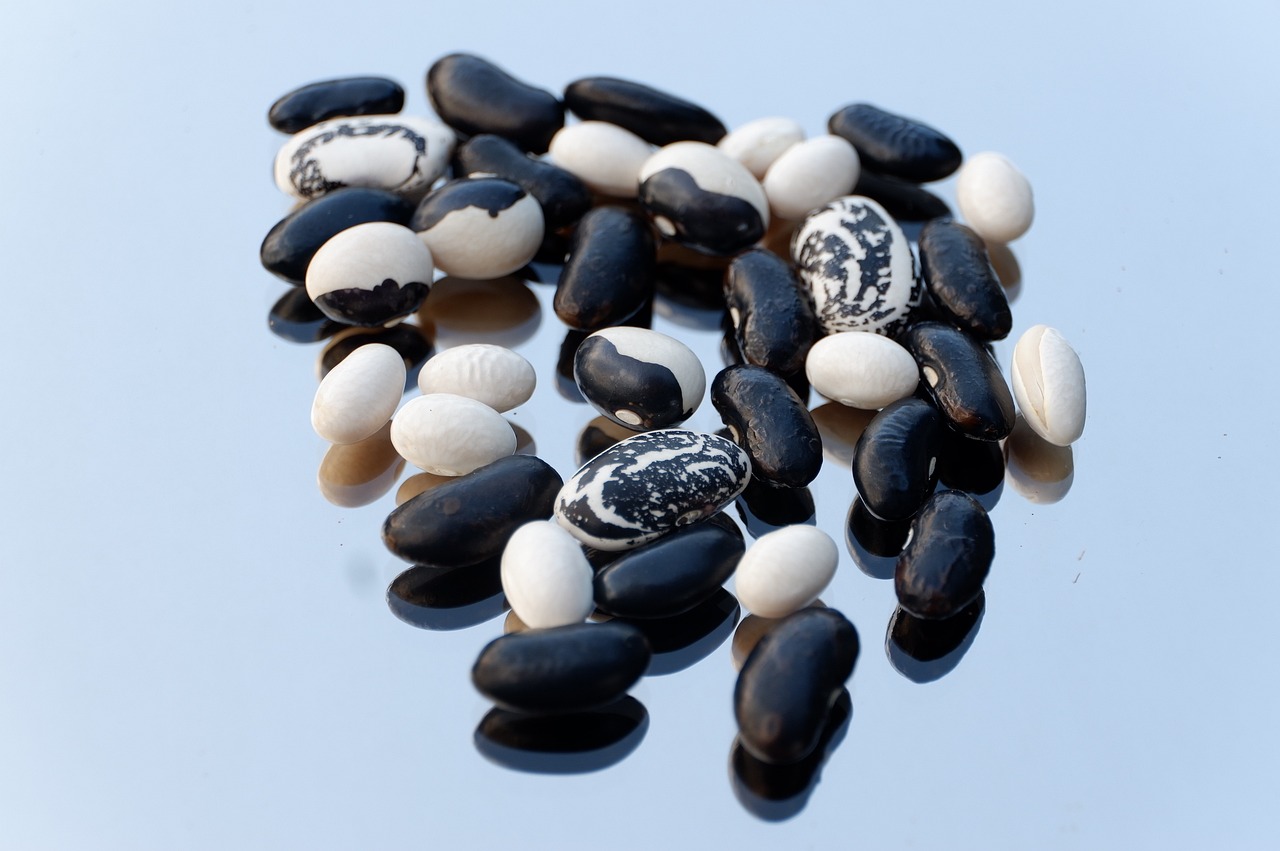 Image by natureconcept from Pixabay
Image by natureconcept from Pixabay
4. Almonds
Almonds are a nutritious, magnesium-rich snack. They're a fantastic source of healthy fats, fiber, and protein, making them an ideal snack to curb hunger. You can enjoy them raw or roasted, or use almond butter in smoothies and baking.
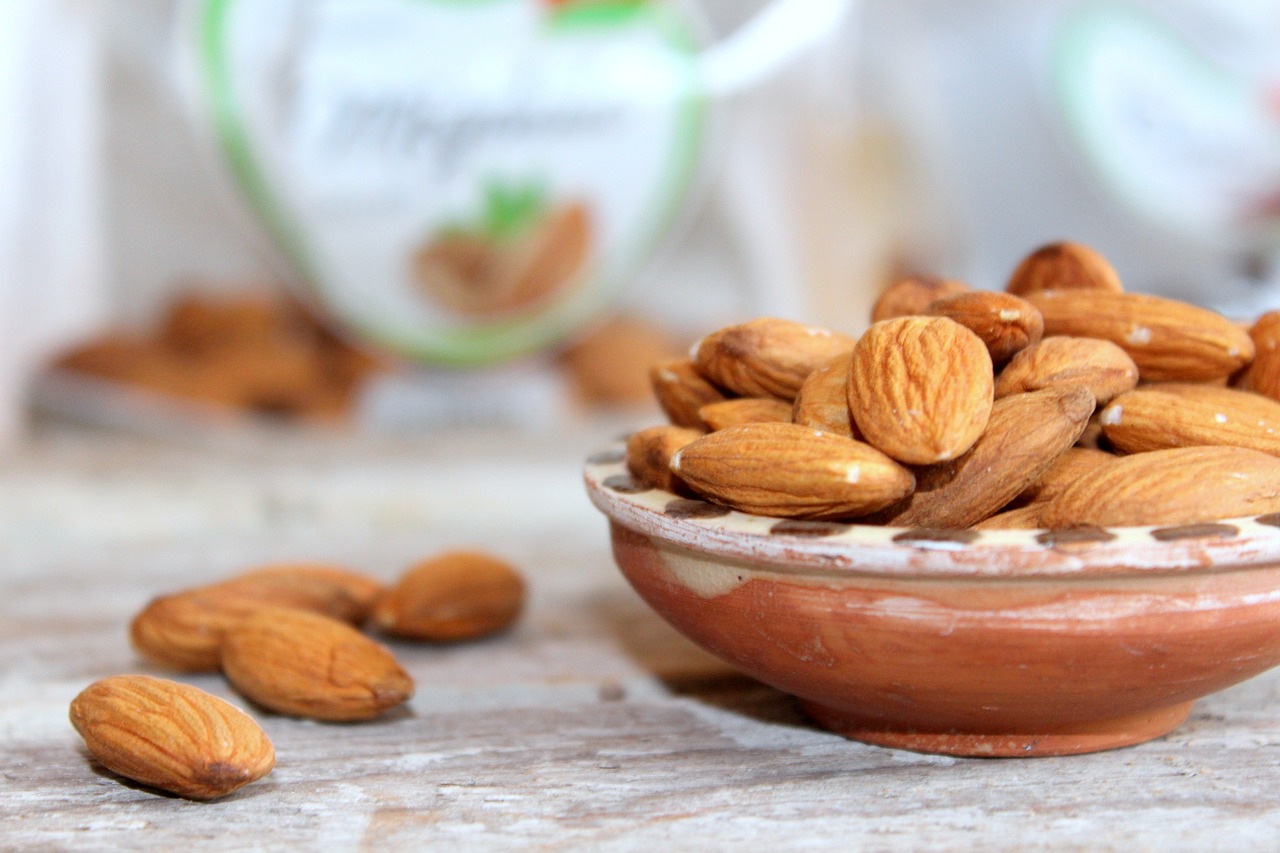 Image by Oana Durican from Pixabay
Image by Oana Durican from Pixabay
5. Cashews
Just a quarter-cup of cashews contains 89 mg of magnesium. These nuts are perfect for an on-the-go snack or as a crunchy addition to stir-fries and salads. Cashews are also a good source of copper and zinc. Their creamy texture makes them excellent for making dairy-free sauces and desserts.
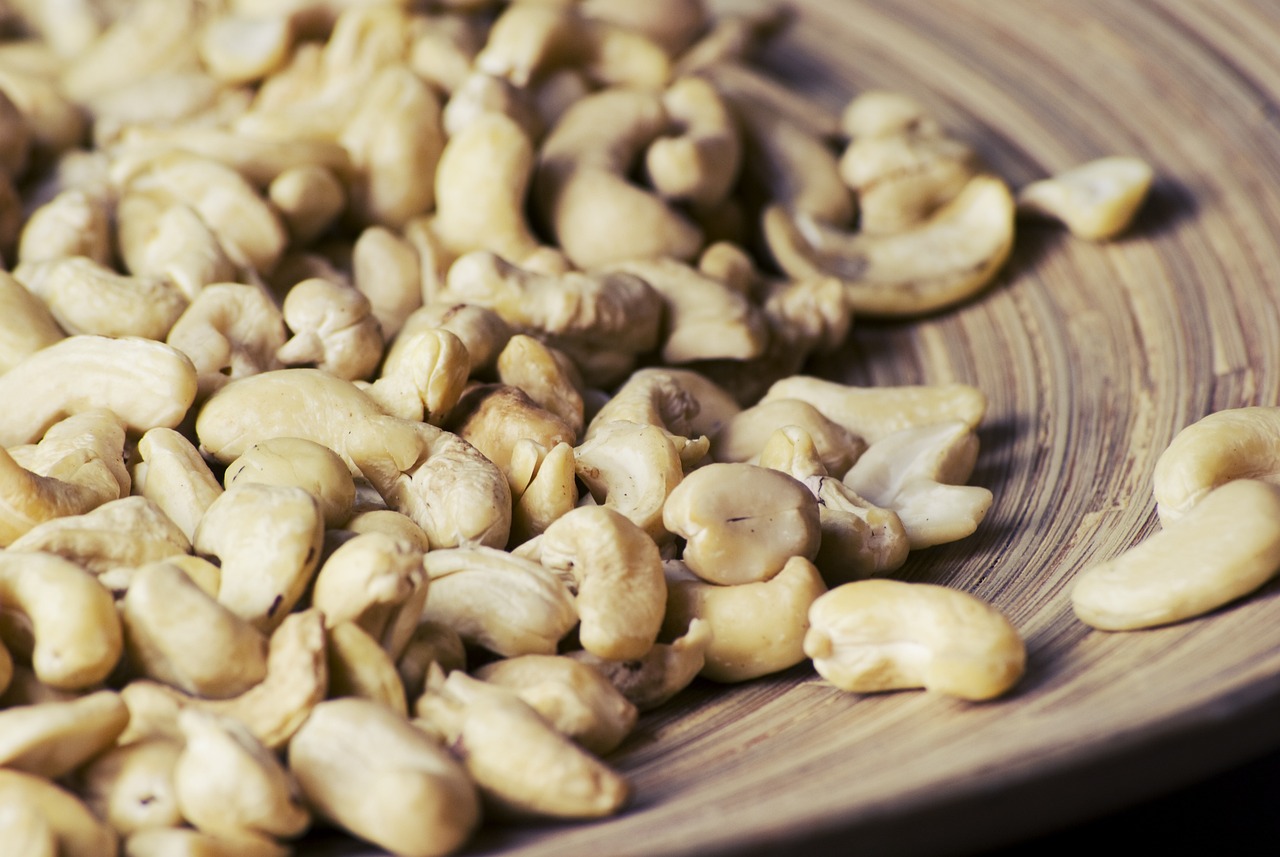 Image by tookapic from Pixabay
Image by tookapic from Pixabay
6. Tofu
Tofu is incredibly versatile, fitting well into stir-fries, soups, and even smoothies. Tofu is also rich in iron and calcium, making it a great dietary addition for vegans and vegetarians. Its subtle flavour makes it a perfect canvas for any seasoning or marinade.
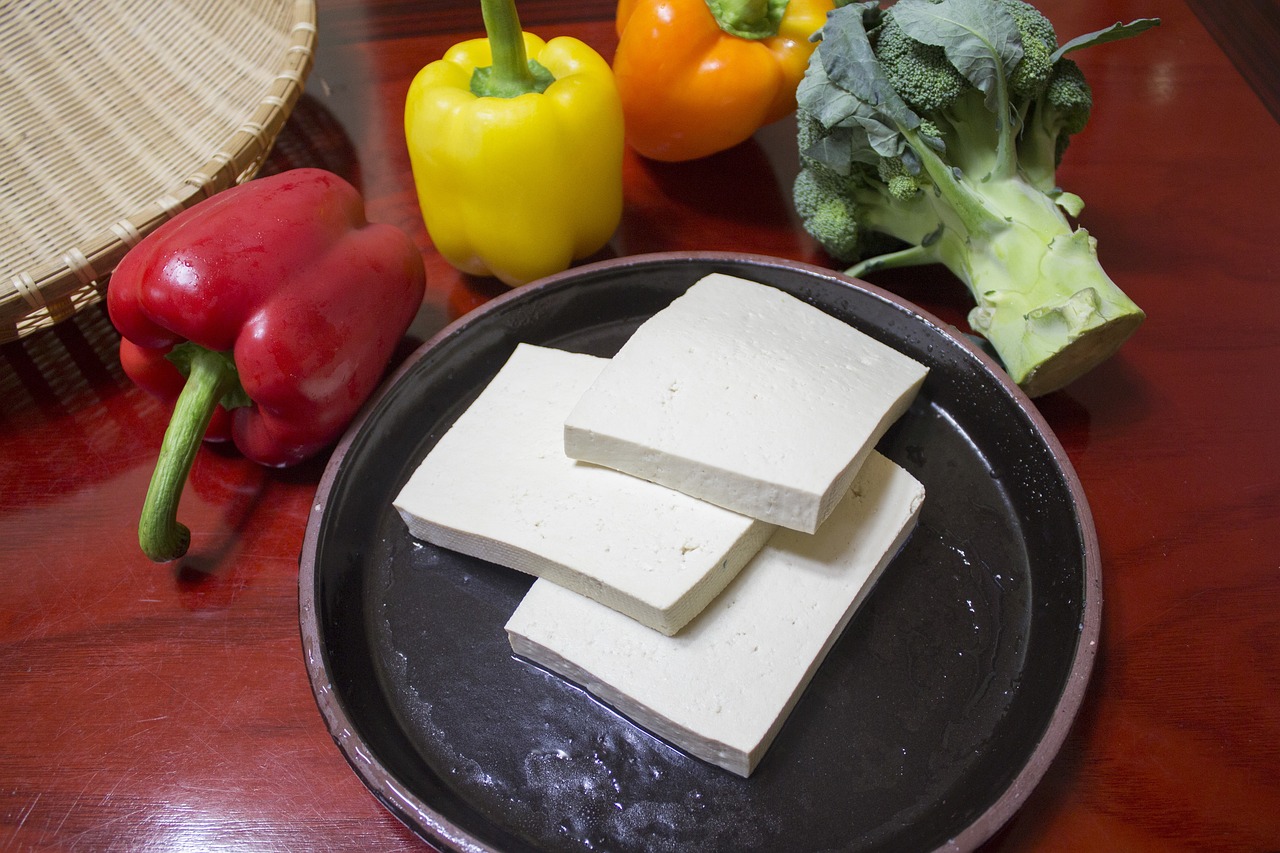 Image by hanul choi from Pixabay
Image by hanul choi from Pixabay
7. Flaxseeds
Sprinkling a tablespoon of flaxseeds on your cereal or in your smoothies adds about 40 mg of magnesium. Flaxseeds are also high in omega-3 fatty acids, which are beneficial for heart health. Their high fiber content aids in digestion and regularity.
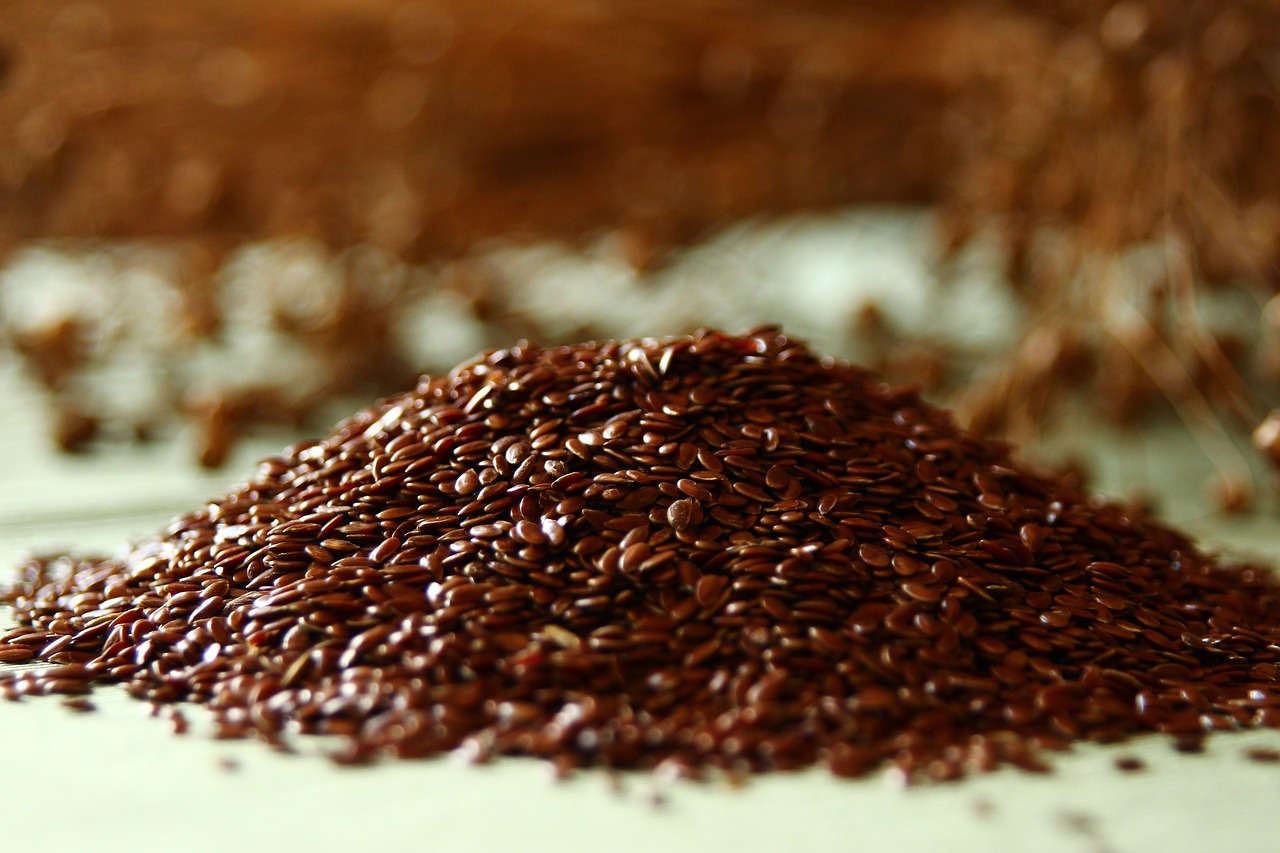 Image by Alex Dante from Pixabay
Image by Alex Dante from Pixabay
8. Dark Chocolate
A 1-ounce square of dark chocolate provides about 64 mg of magnesium. It's not only delicious but also beneficial for your brain and heart health due to its high content of antioxidants. Dark chocolate can improve mood and is often recommended for those with high blood pressure.
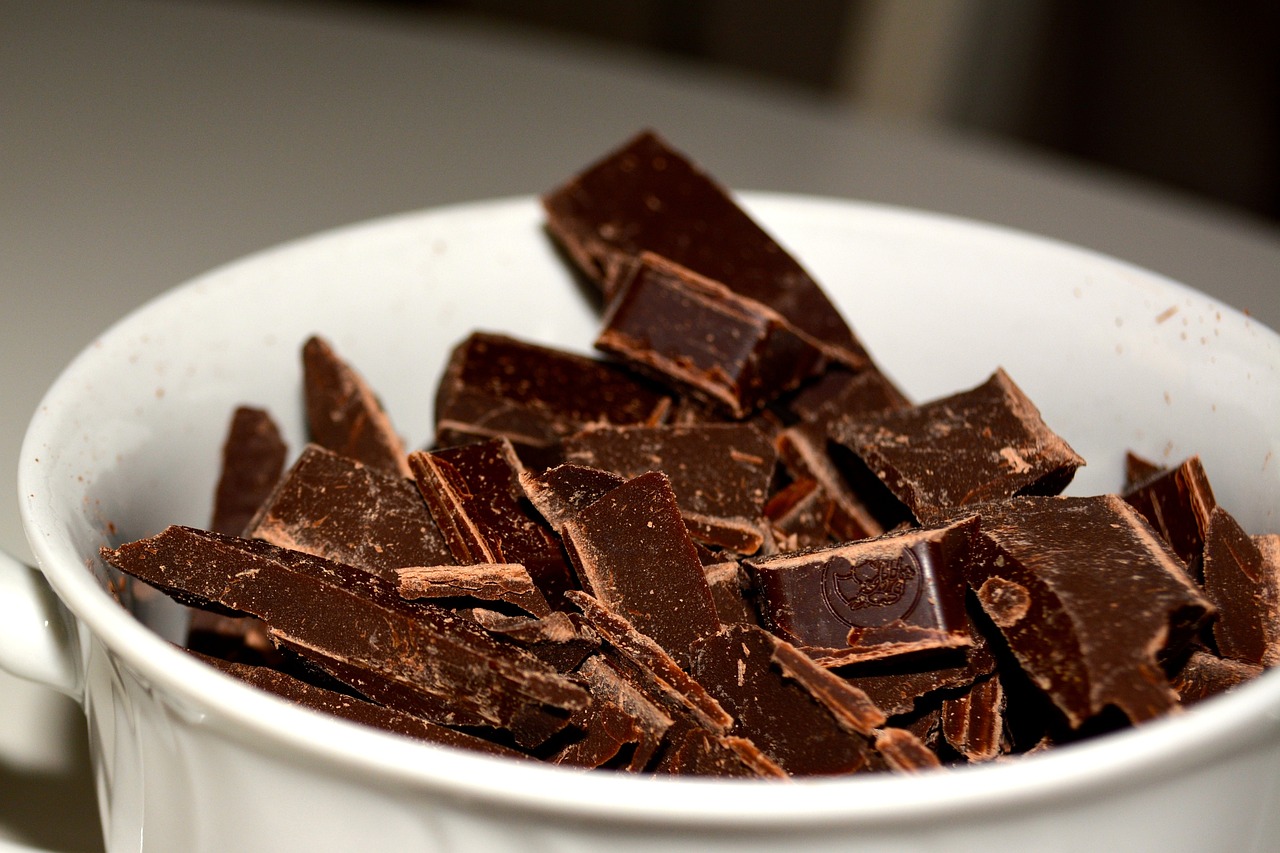 Image by Floriana Tatar from Pixabay
Image by Floriana Tatar from Pixabay
9. Avocado
Avocados are a great source of healthy fats, vitamins, and fiber. They can be used in everything from salads to desserts, making them extremely versatile. Plus, they help increase the absorption of other nutrients when eaten with foods high in fat-soluble vitamins.
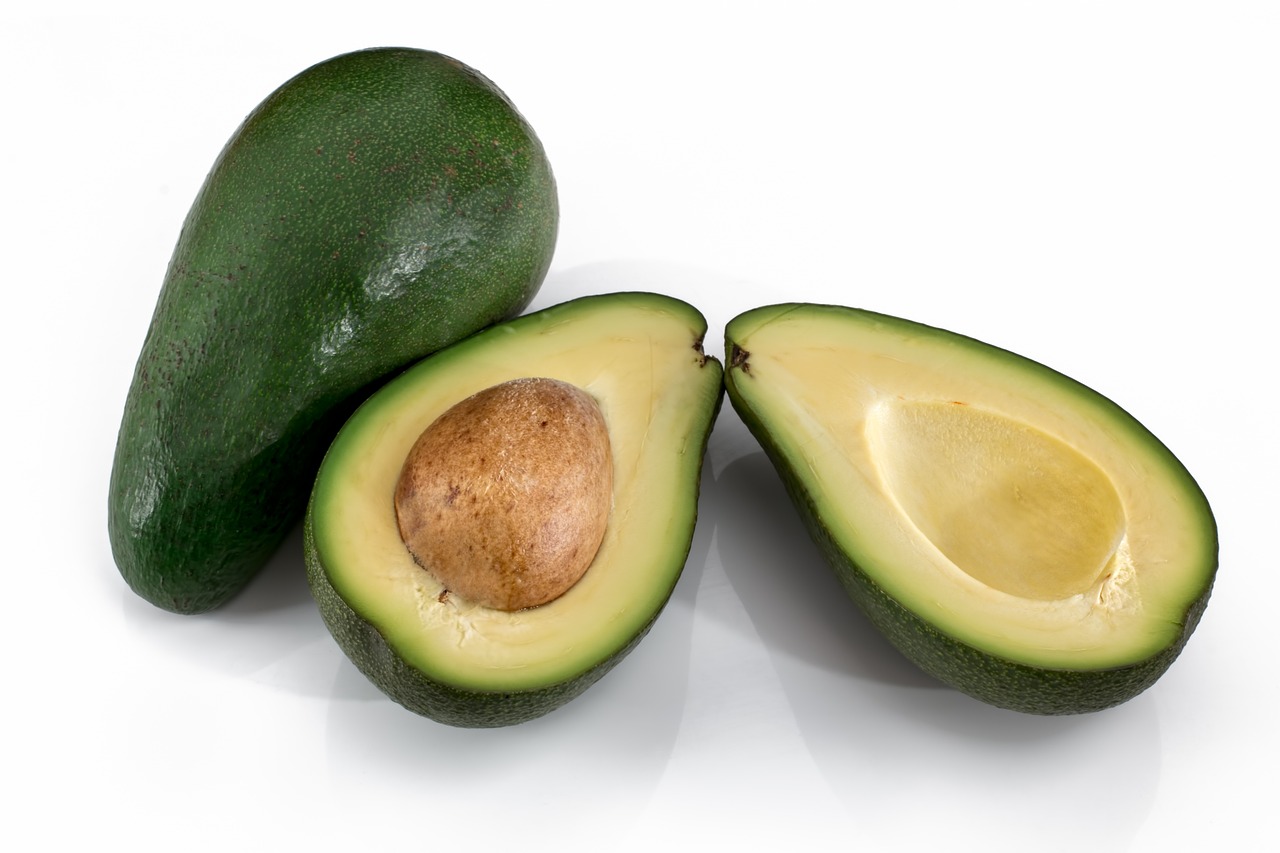 Image by Steve Buissinne from Pixabay
Image by Steve Buissinne from Pixabay
10. Whole Wheat Bread
Switching to whole wheat bread can boost your magnesium intake, with about 46 mg per two slices. Whole wheat bread also provides more fiber and nutrients compared to white bread. It's perfect for sandwiches or toast at breakfast.
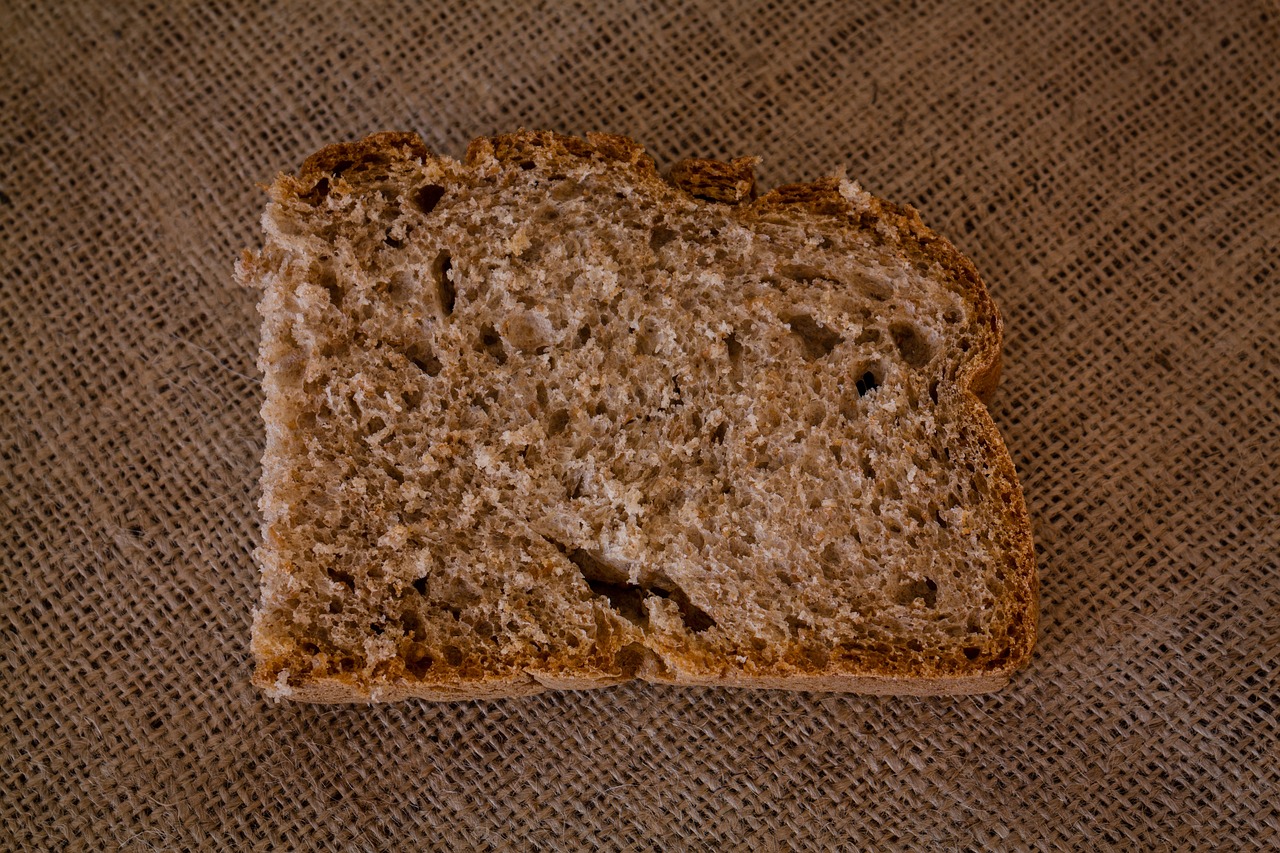 Image by Christos Giakkas from Pixabay
Image by Christos Giakkas from Pixabay
11. Quinoa
Quinoa is a gluten-free grain that provides 118 mg of magnesium per cooked cup. It's a complete protein, containing all nine essential amino acids, making it ideal for vegetarians and vegans. Quinoa is easy to cook and can be used in place of rice in many dishes. It's also high in fiber and B vitamins.
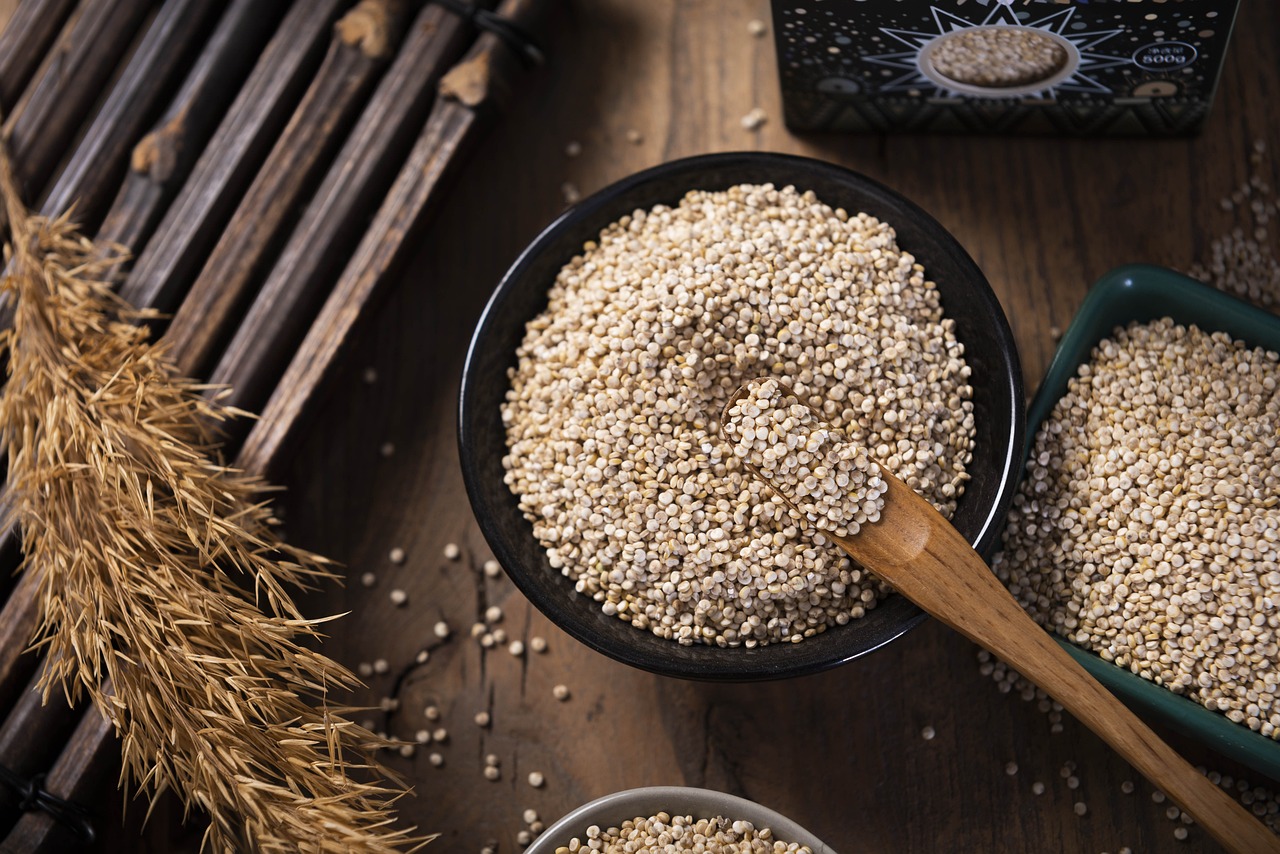 Image by we-o_rd35ghczdq1090c5m from Pixabay
Image by we-o_rd35ghczdq1090c5m from Pixabay
12. Fatty Fish
Salmon, mackerel, and halibut are not only rich in omega-3 fatty acids but also magnesium, with salmon providing about 53 mg per half a fillet. Including fatty fish in your diet can improve heart health and brain function. It's delicious grilled, baked, or pan-fried.
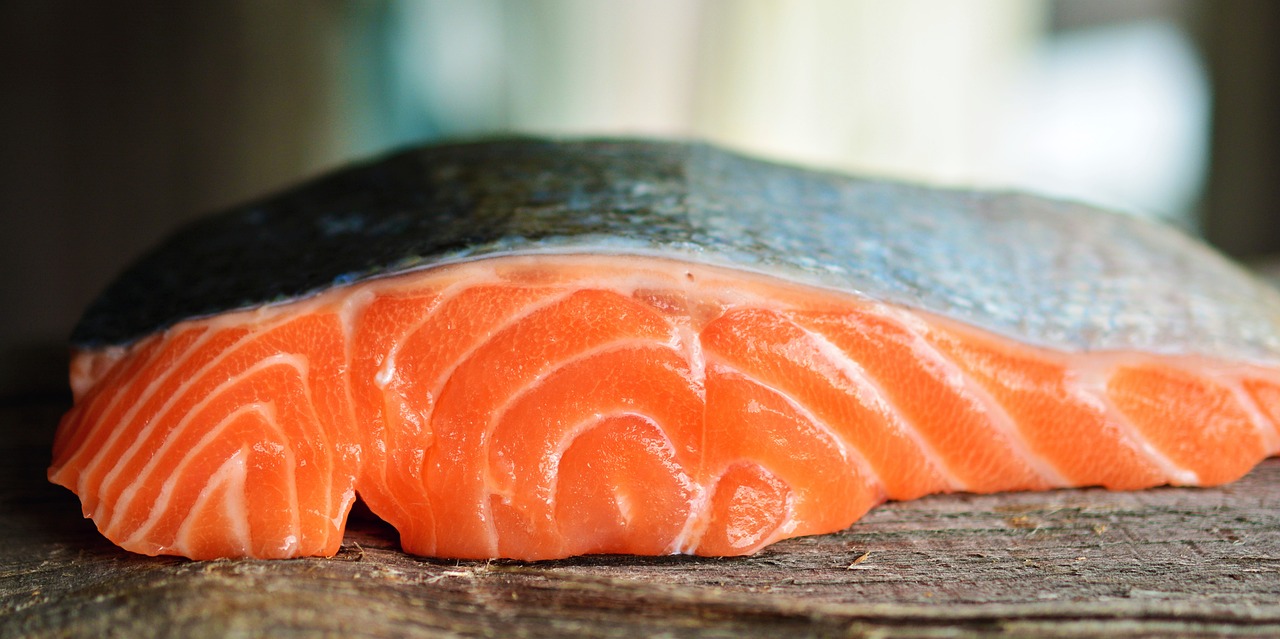 Image by congerdesign from Pixabay
Image by congerdesign from Pixabay
13. Bananas
One medium banana provides about 32 mg of magnesium. Bananas are a great post-workout snack because they help replenish electrolytes and provide quick energy. They're also high in potassium, which can help lower blood pressure. Add bananas to your smoothies, oatmeal, or enjoy them as a standalone snack.
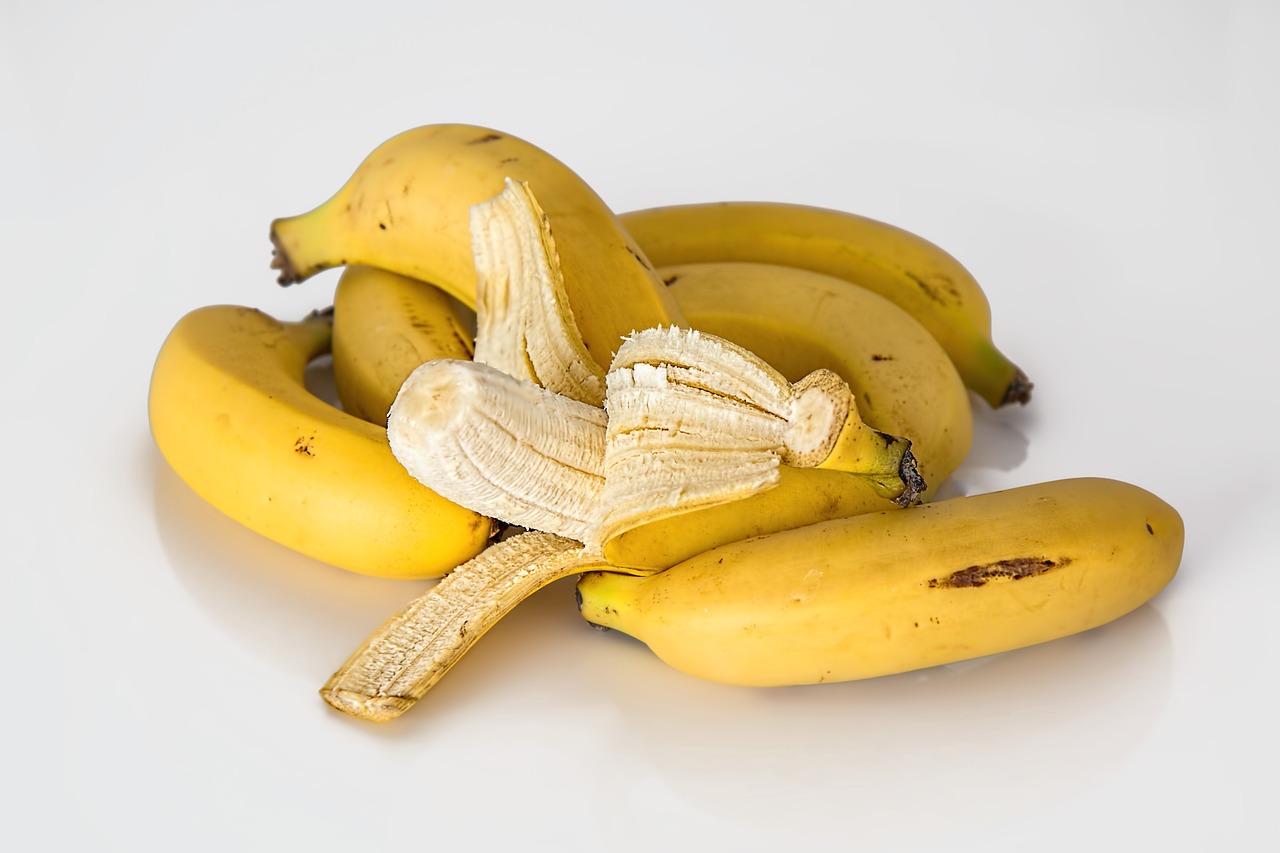 Image by Steve Buissinne from Pixabay
Image by Steve Buissinne from Pixabay
14. Edamame
A cup of cooked edamame contains about 50 mg of magnesium. These young soybeans are a great addition to salads, pasta dishes, or simply as a snack. Edamame is also high in protein and fiber, which can help with weight management. They're a tasty, crunchy snack when sprinkled with a bit of sea salt.
15. Brown Rice
A cup of cooked brown rice offers about 84 mg of magnesium. Brown rice is a whole grain that's beneficial for maintaining healthy blood sugar levels. It pairs well with a variety of dishes, from stir-fries to soups. Brown rice is also rich in B vitamins, which are essential for energy metabolism.
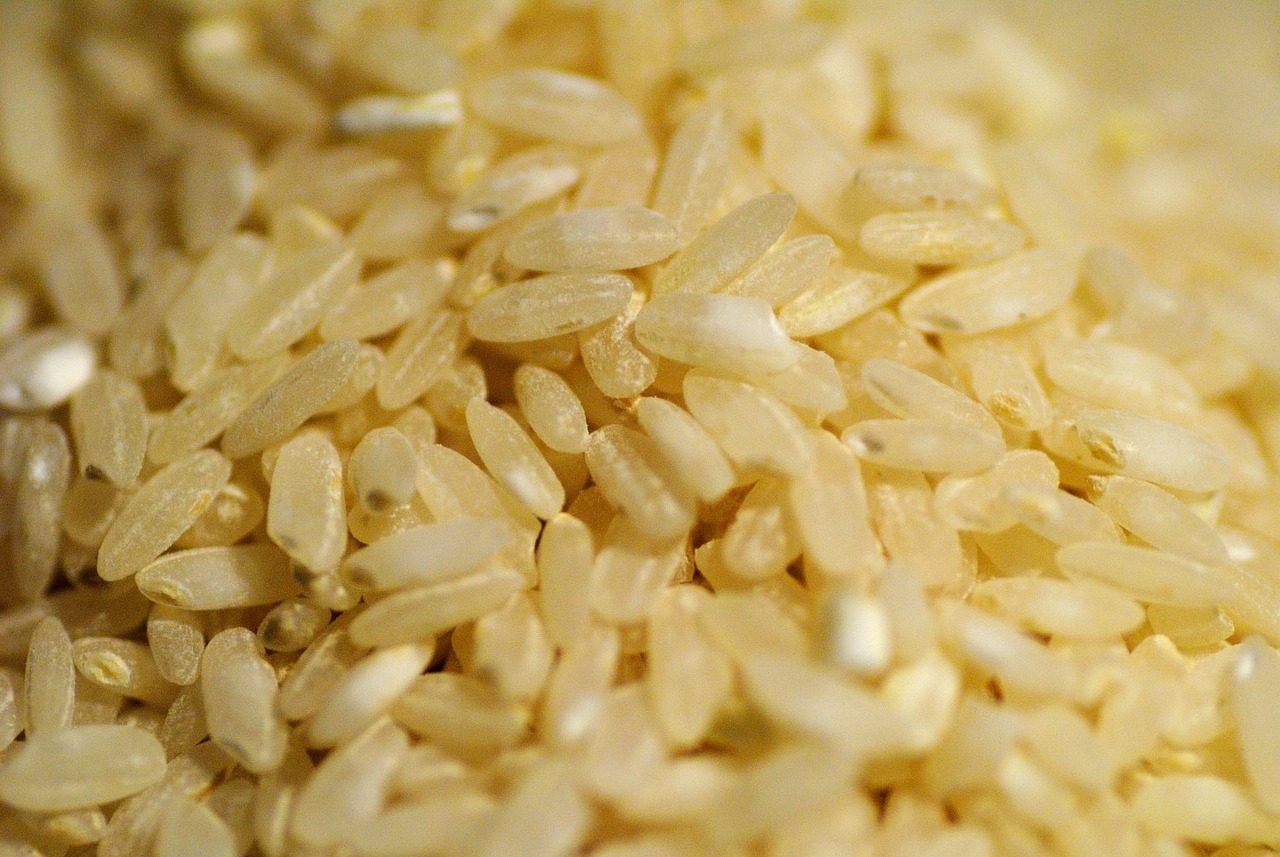 Image by PublicDomainPictures from Pixabay
Image by PublicDomainPictures from Pixabay
16. Yogurt
Plain yogurt can provide about 30 mg of magnesium per cup. It's a great source of calcium, protein, and probiotics, which are good for digestive health. Yogurt can be enjoyed at breakfast with fruits and granola or used as a base for dressings and marinades.
 Image by -Rita-👩🍳 und 📷 mit ❤ from Pixabay
Image by -Rita-👩🍳 und 📷 mit ❤ from Pixabay
17. Figs
They are rich in fiber and natural sugars, making them a healthy and energizing snack. Figs can be enjoyed on their own, added to oatmeal, or used in baking. They also provide a wealth of antioxidants.
18. Artichokes
One medium artichoke provides about 50 mg of magnesium. Artichokes are low in fat and high in fiber, making them great for weight management. They can be steamed, grilled, or baked and are delicious dipped in melted butter or aioli. Artichokes also help improve liver health by promoting bile flow.
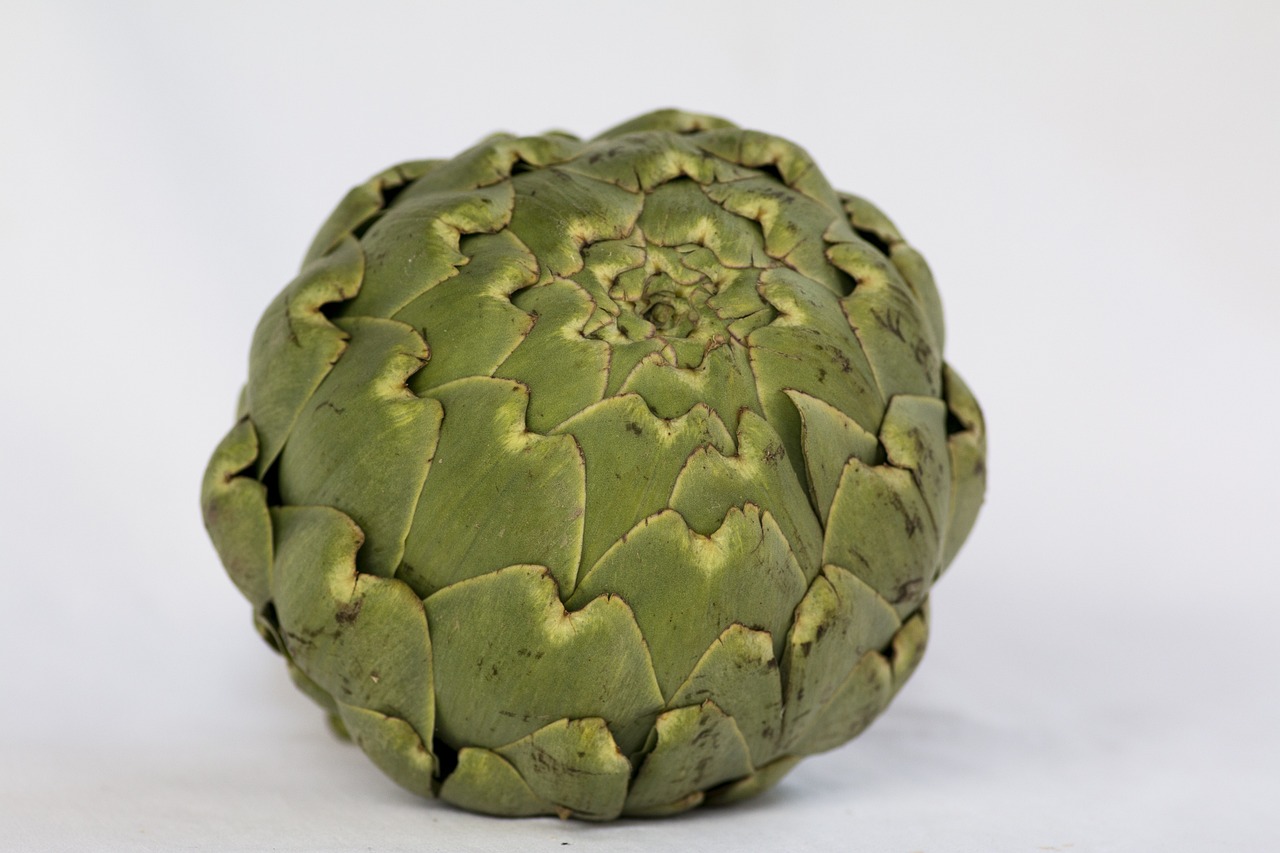 Image by Mari Loli from Pixabay
Image by Mari Loli from Pixabay
19. Oatmeal
A bowl of cooked oatmeal offers about 55 mg of magnesium. Oatmeal is a comforting, filling breakfast option that's also beneficial for your cholesterol levels. It's versatile and can be topped with fruits, nuts, or a dollop of yogurt. Oats are also rich in fiber, which helps maintain digestive health.
20. Soy Milk
A cup of fortified soy milk can contain up to 61 mg of magnesium. It's a great alternative for those who are lactose intolerant or vegan. Soy milk can be used in any recipe that calls for milk, from cereals to baked goods. It also provides high-quality plant protein and essential fatty acids.
KEEP ON READING

The 5 Most Consumed Foods in the Entire World



